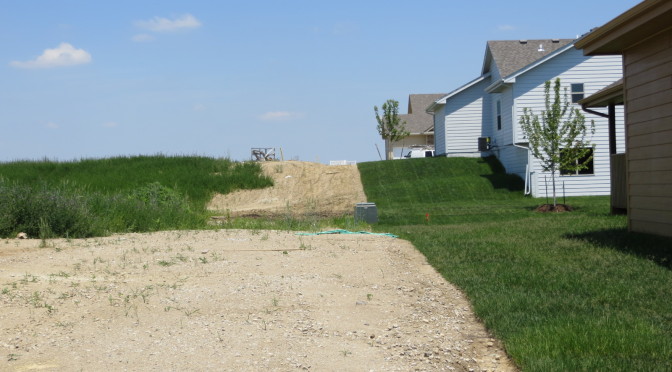Join us Saturday, 8 November from 10:30 am until 3:30 pm for great speakers, food, friends and fun! Register today!
Registration for individuals is $35, registration for two people registering together is $60. and Students are $25. Registration includes all Annual Meeting activities, including Speakers, a catered lunch, and snacks and beverages on November 8, 2025. Sign up here!
The theme of our annual meeting is Our Land, Our Food. It includes two great speakers who are doing innovative work related to food production, energy security, food security, and responsible land use.
Our speakers include: Dr. Matthew O’Neal, Professor, Wallace Co-Chair Sustainable Agriculture will speak with us about the Agrivoltaics Research Project they are doing at Iowa State University focused on testing how to grow food crops under solar panels. Large scale solar fields have become a big land use issue in Iowa and around the country, with questions about their impact on the soil, the landscape; and the impact of taking so much farmland out of production and the tension between cleaner energy production. This research is trying to answer these questions. Dr. O’Neal will talk to us about what the research has shown so far and what this could mean for food and energy production in the future. Our second Speaker is Kathy Brynes, Director of the Birds and The Bees Urban Farm. Kathy will talk to us about her work to expand urban farming and why it is so important, especially in the age of climate change. She’ll also talk to us about the City of Des Moines new Eat the Triangles Urban Orchard project that she helped to make happen. Register today!
In addition to two great speakers and a delicious lunch, hear about what has been happening with 1000 Friends and how you can take action on important land use ad transportation issues.













